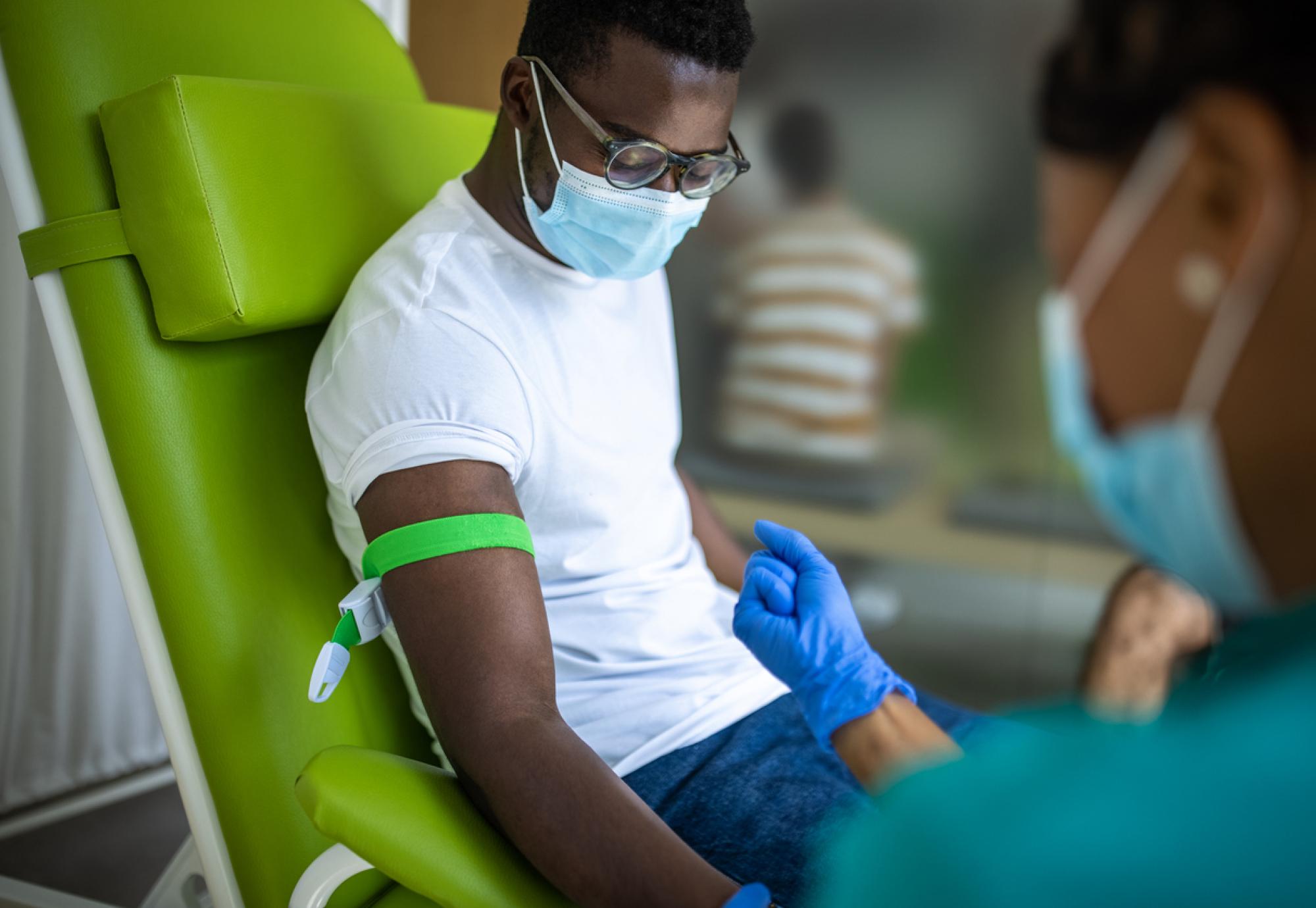New figures have revealed that a record 250 donors of black heritage are now needed every day to treat the fastest growing genetic condition in the UK, as the NHS launches an urgent plea for more blood donors.
Sickle cell disease is more prevalent in people with black heritage and ethnically matched blood provides the most effective treatment.
Five years ago, only 150 donations were needed a day, but current figures display a significant increase in demand from hospitals to treat sickle cell patients.
In view of all this, NHS Blood and Transplant are launching a new campaign coinciding with Black History Month called Not Family, But Blood in order to recruit more donors from black heritage.
Dr Rekha Anand, Consultant in Transfusion Medicine for NHS Blood and Transplant said: “Matched blood is vital for sickle cell patients to reduce the risk of serious complications, and Black people are more likely to be able to donate matched blood.
“There has been a small rise in Black people donating blood, but we urgently need more to become regular donors. Giving blood is easy, quick and safe – and you will save and improve lives.”
The rising demand for black donors is down to the overall increasing patient numbers, which in turn is driven by people generally living longer and the a greater use of complete blood transfusions.
Demand for blood donors has risen by 52% in the last five years and is expected to continue to rise. NHS Blood and Transplant can only provide matched blood for just over half of the hospital requests at the moment – all other patients require the universal blood type, O Negative.
Even though it is clinically safe to treat sickle cell with O Negative and not their correct blood type, it means patients are more likely to develop antibodies, which puts them at risk of further complications and makes it even harder for them to find blood they can safely receive.
NHS England Director of Healthcare Inequalities Improvement and GP, Dr Bola Owolabi, said: “Sickle cell disproportionately affects people from a Black African or Black Caribbean background, and these new figures show hospitals need more blood for people with sickle cell disease than ever before.
“I urge anyone from these communities who is able to give blood to step forward and help treat the thousands of people living with this painful hereditary condition.”



















